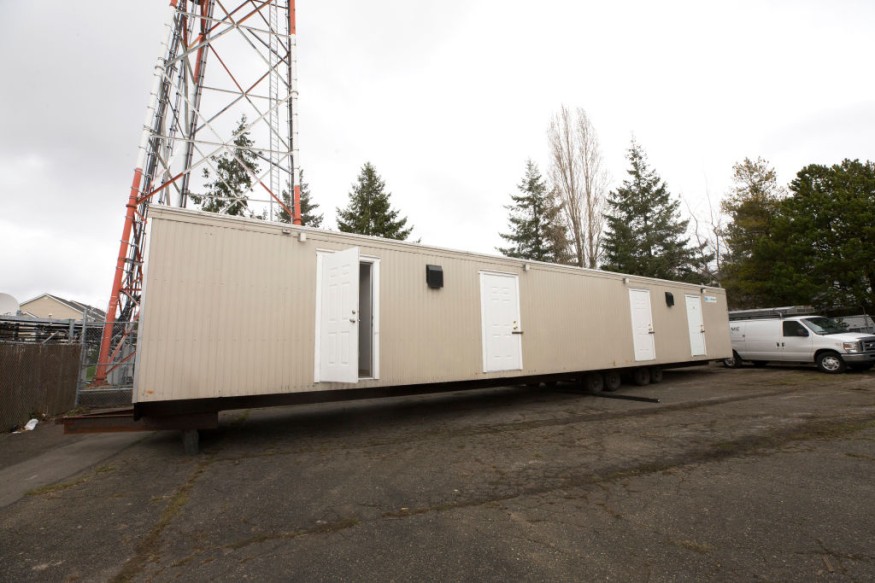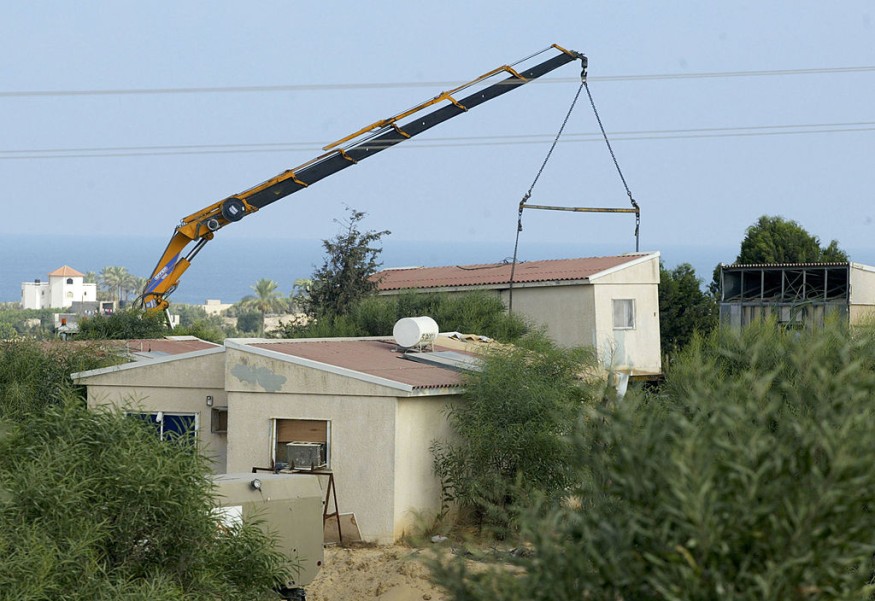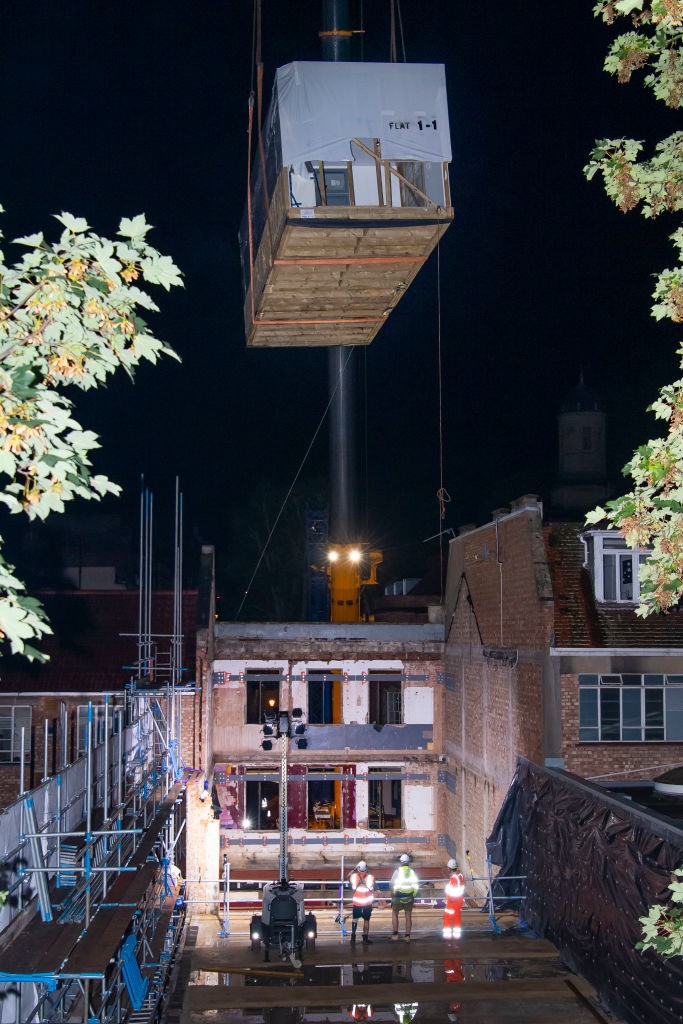
It is no secret that the coronavirus global pandemic has affected all sorts of businesses and in the past year. One of the major industries hit by COVID-19 is the real estate industry; both sellers and buyers face a major crisis as both ends experience either homelessness or expensive rent/ home prices.
With these problems at hand comes a solution that could be met halfway. Suppose you are one of the buyers looking for a custom-made home but is not ready for the expenses and commitment to manager months or even years of construction. In that case, a modular home could be the perfect solution to your home buying dilemma.
What is a Modular Home?
Also known as a prefab (short for prefabricated) home, a modular home is an excellent alternative to traditional design-and-build houses.
This type of house is built indoors in a factory-like setting, and the finished product will be transported to your location of choice, where builders will assemble it manually.
Contrary to the major misconception, modular homes are not mobile homes. It could not be taken wherever you go. Instead, they are only built off-site and are often called factory-built or system-built homes.
Modular homes allow buyers to purchase homes minus the hefty cost of building homes from scratch. It also gives homeowners a good investment for resale if they place it in a good location and has maintained it over the years.

Pros of Modular Homes
Easy to build
Since modular homes are built indoors, they do not experience the typical on-site delays caused by bad weather. It can be easily completer in a matter of weeks, compared to building a house that may take six months to a year. Faster construction could also help address the homelessness problems during a crisis like the COVID-19 pandemic.
No Inspection
Since modular homes are built indoors, the home inspection is already done at the factory before delivery.
Environment-Friendly
Usually, building a modular home uses environment-friendly materials and practices. It is also made to be more energy-efficient compared to stick homes. It is even more durable as it is constructed to withstand transport loads,

Cons of Modular Homes
Location
Before purchasing a modular home, you will need to buy land where you plan to put it first. If you wish to live in a gated community, having a modular home could be a problem since most subdivisions would not allow having a modular home.
Manufacturer Headache
Not all manufacturers can deliver a high-quality modular home. So you have to take time and effort in researching and shopping around to know which company can do it best. Some factors you need to consider are the quality of materials, price, and service.
Other Logistics
Unlike the traditional home, you will not have a contractor to build a foundation, electrical hookups, plumbing, and sewage on-site.
Complicated Loan Process
Payment for a modular home involves a complicated process. Sometimes the builders require full payment or periodic payments to finance the building process. This might not sit well, especially with the current pandemic situation when finances are tight.
© 2026 Realty Today All rights reserved. Do not reproduce without permission.



